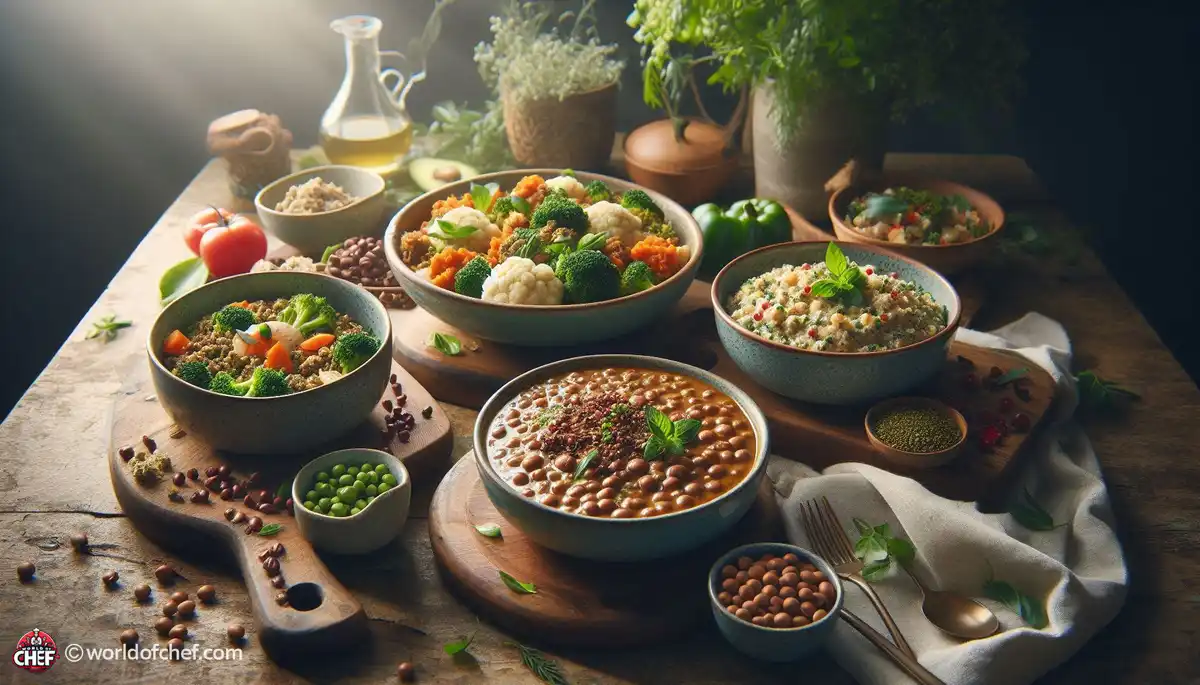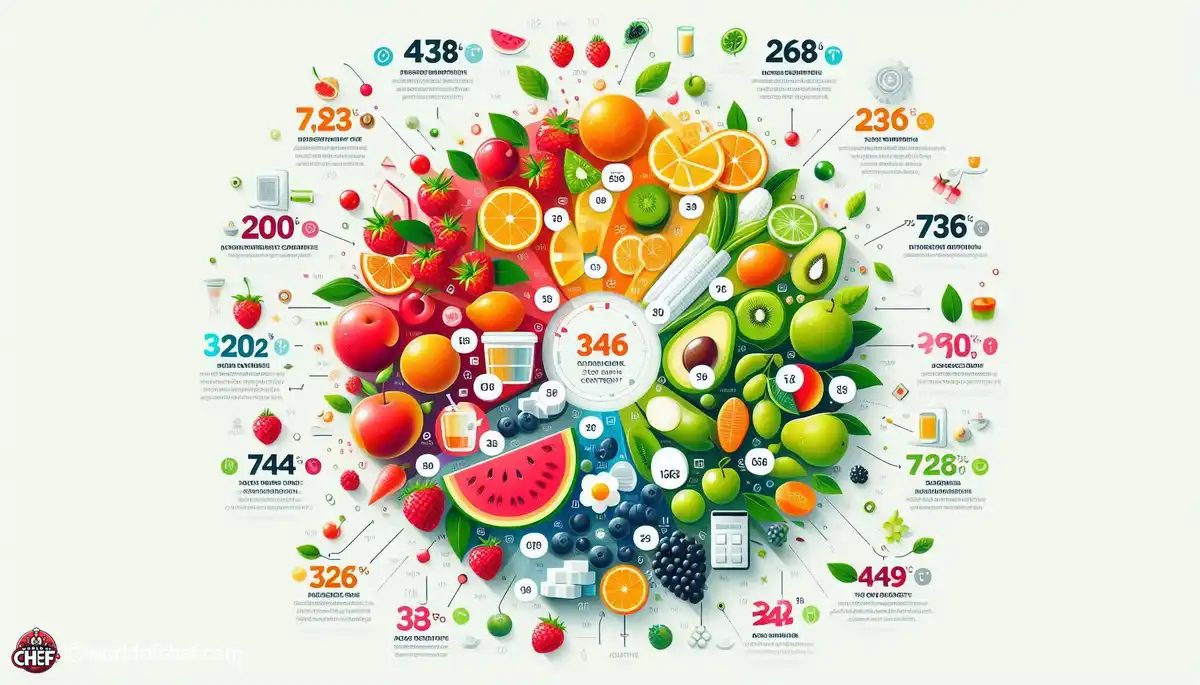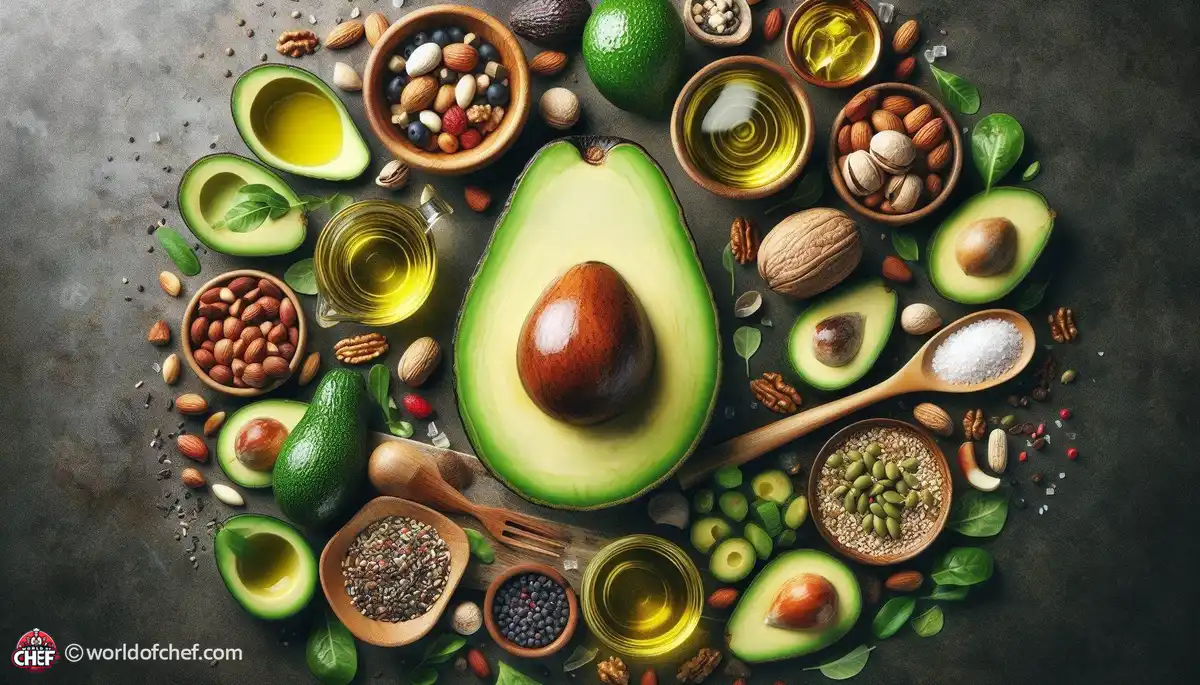
Dinner Delights: High-Fiber Recipes for Every Palate
Clarence Guido - Oct 7, 2024 - 7 min read


Fruit is a great and healthy snack for many decades and is appreciated for its sweetness as well as its rich storehouse of vitamins and minerals. Most of us were brought up thinking that reaching out to an apple or grapes would be much better than opening a candy bar or consuming some other sugary food. Well, isn't it natural?
But, with science and our perception of nutrition changing, so do our ideas about sugar content in fruits. Of course, natural sugars abound in fruit, but what lies beneath that shiny peel or juicy flesh? To see through this deception, one must dig deeper into fruit and its composition of sugars.
But first, let's let to rest a common misunderstanding that most of us bring in mind: all sugars are equal. True that fruits do contain sugar but this sugar is not found in packaged foods. Sugars present in fruits come nicely bundled with nutrients, fibers, and antioxidants affecting our body's metabolism towards the same.
It is crucial to know how much sugar is present in various fruits for several reasons. In the case of diabetes or someone tracking carbs, knowing which fruits carry less sugar will enable a person to make informed nutritional decisions. Adding to overall well-being for those trying to keep a healthy diet, knowing the sugars in fruits will count.
Some fruits are more infamous than others when it comes to sugar. Grapes is a fruit like that. When they seem to be your best friend in a healthy snack, grapes can turn out to be overflow with natural sugars, particularly in the dried version. Bananas are creamy, very convenient, but compared with other fruits, a little higher in sugar.
If you want something sweet without sending your blood sugar levels through the roof, there are plenty of options that balance flavor with lower sugar content. Berries such as strawberries, raspberries, and blueberries are great choices. They're colorful gems packed full of antioxidants and fiber that keep sugar intake in check.
When one is looking for the taste of fruits without the sugar, some fruits become known as sugar heroes. Avocados might not be a fruit one thinks of when one is considering fruit, but they have great creaminess and many Health Benefits without added sugar content. Citrus Fruits such as lemons, limes, and grapefruits add zest to dishes without adding in a ton of sugar.
Though Fresh Fruits are definitely sweet, they are not the only option to savor the natural sweetness. Dehydrated fruits, although portable and easy to carry around, tend to contain higher sugars because of the dehydration process. Fruit juices, despite their labeling as "100% pure," contain loads of sugar with little accompanying fiber found in whole fruits.
Controlling fruit intake through portioning will be done mindful of the quality over the quantity
One may have to learn not to gorge on fruits for an all-time enjoyment, say over an entire bowl of grapes or a healthy amount of watermelon, rather teach portion control, that the fruit is perfectly harmonized with a protein and fat source to better prevent sugar spikes and dives in your blood.
Variety is indeed the spice of life, and so it's also a base of a well-balanced diet. You do not need to have fruits every day; change the kinds of fruits that can be available seasonally, too. It is so exciting that you would reap the advantages of every fruit.
It will also depend on when you eat your fruit. For instance, eating fruit at breakfast time or as a mid-morning snack will give your body more opportunity to break down the sugars and burn the energy from them. Try not to eat fruit too close to bedtime when the metabolic functions in your body slow down. The sugars then cannot be stored as fat.
Combine the fruit with foods that are rich in protein or fiber to prevent the very undesirable effect on the blood sugar. Have sliced apples with almond butter or berries in a Greek yogurt cup. All of these ingredients-worked together will take longer to be absorbed, making you feel fuller for much longer.

Clarence Guido - Oct 7, 2024 - 7 min read

Lydia Timmerman - Oct 6, 2024 - 6 min read

Logan Trowbridge - Oct 6, 2024 - 7 min read

Wayne Tobar - Oct 4, 2024 - 8 min read